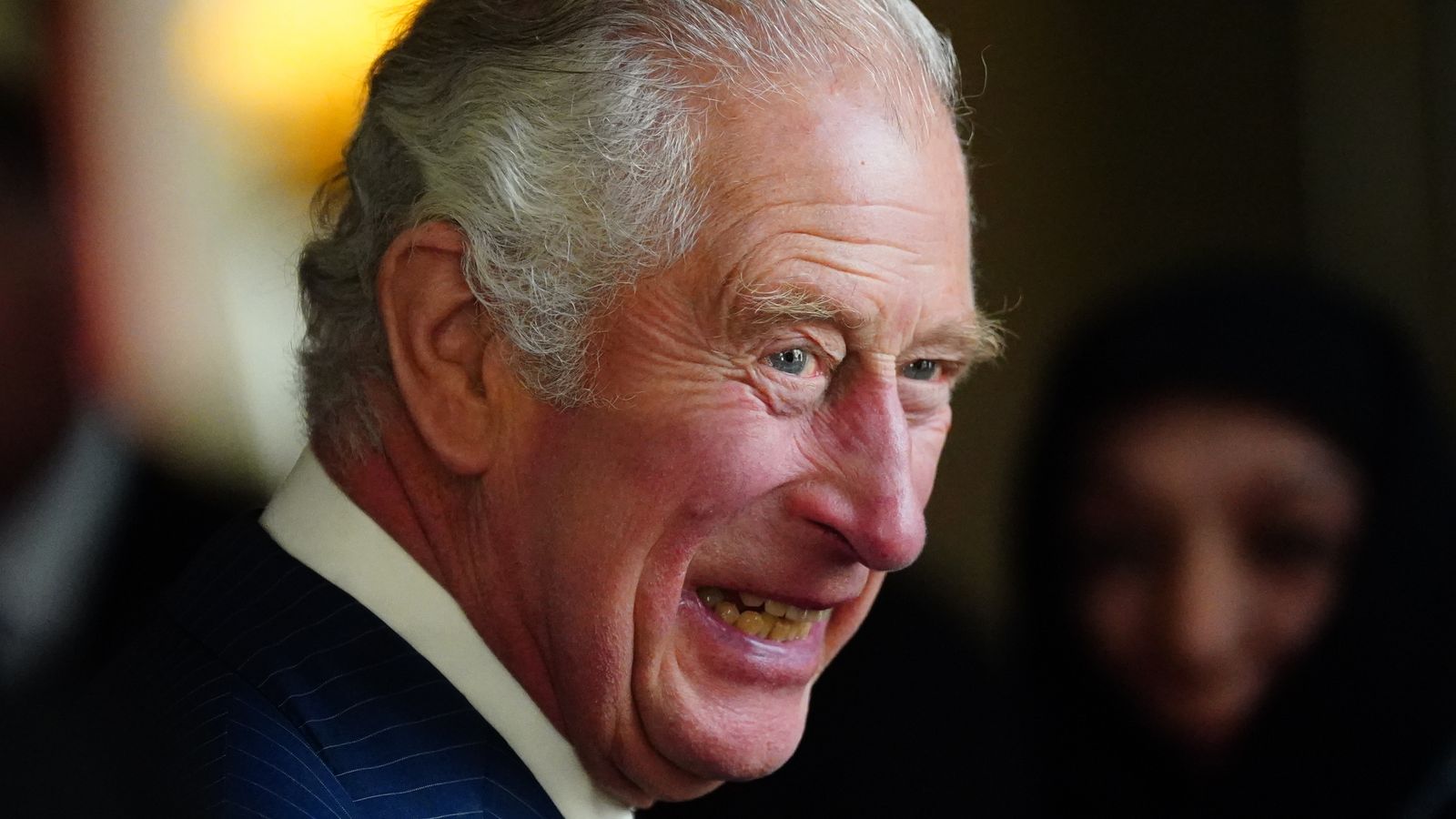King Charles III can avoid paying millions in inheritance tax on the Duchy of Lancaster estate due to an old rule designed to protect the royal family’s wealth.
His Majesty automatically inherited the estate – worth over £652m – following the death of his mother Queen Elizabeth II last week.
Under UK law, inheritance tax is paid at 40% if you leave assets valued above a certain threshold to your loved ones after you die.
King leads procession behind Queen’s coffin – live updates
But the King will not have to pay the levy because of a rule introduced by the UK government in 1993, which said inheritance tax does not have to be paid on the transfer of assets from one sovereign to another.
Then Conservative Prime Minister Sir John Major said the circumstances of a hereditary monarchy were “unique” and “special arrangements” were required.
He suggested assets of the monarchy were at risk of being “salami-sliced away” through capital taxation over many generations.
He told the Commons: “I believe that is necessary to protect the independence of the monarchy, and I would not wish to detract from that independence in any way.
“The concerns that I would have were the arrangements to be any other would be the danger of the assets of the monarchy being salami-sliced away by capital taxation through generations, thus changing the nature of the institution in a way that few people in this country would welcome.”
‘Clearly inappropriate’
A Memorandum of Understanding on royal taxation from 2013 also states that it would be “clearly inappropriate” for inheritance tax to be paid on assets “which are held by the Queen as sovereign rather than as a private individual”.
It said the monarchy needs “sufficient private resources” to perform its role in national life and to have a degree of financial independence from the government.
Please use Chrome browser for a more accessible video player
Read More:
How much does Royal Family cost taxpayers?
Prince Harry pays heartfelt tribute to ‘granny’
King Charles gives first speech to parliament
The document said the Prince of Wales confirmed that he intends that these arrangements will apply to him on his accession to the throne.
Sky News has contacted Buckingham Palace for comment.
The Duchy of Lancaster estate generated revenue of £24m and had assets worth more than £650m at the end of March this year, according to its financial records.
The monarch is not legally obliged to pay any tax in the UK. But the Queen began to pay income and capital gains tax on a voluntary basis in 1993, and King Charles is expected to do the same.
The former Prince of Wales also voluntarily paid tax on his income from the Duchy of Cornwall estate, which has now been passed to Prince William, the new Prince of Wales.
Anyone other than King Charles who has inherited private assets from the Queen will have to pay inheritance tax.
Explaining the tax break, Fisher Jones Greenwood Solicitors has previously said the exemption is designed “to safeguard the erosion of the Sovereign’s wealth”.
They said: “The monarch doesn’t work or trade to ‘grow’ their estate as a normal individual would during their lifetime.
“If the monarch’s estate was repeatedly subjected to inheritance tax then their wealth would deplete dramatically.”







